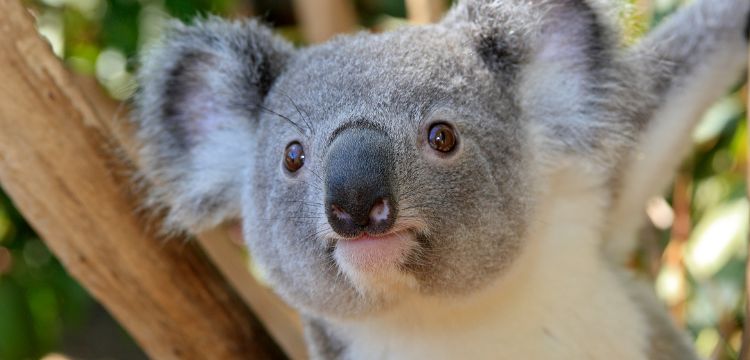Today’s damning State of the Environment Report must be a turning point that leads to greater investment and stronger laws to protect Australia’s wildlife and wild places, says WWF-Australia.
Environment Minister Tanya Plibersek will today release the long-awaited report – a five-yearly scientific assessment of Australia’s environment – as part of her address to the National Press Club.
The report tells a disturbing story of decline and neglect, concluding the state of Australia’s environment is poor and deteriorating as a result of increasing pressures from climate change, habitat loss, invasive species, pollution and resource extraction.
It also says the number of listed threatened species has grown by 8% since 2016 and Australia can expect more species extinctions over the next 20 years unless current management efforts and investment are substantially increased.
“The findings of this report are heartbreaking, and the leadership failures that have led to loss at this scale devastating,” said WWF-Australia Acting CEO, Rachel Lowry.
“The report sends a very clear signal. Australia’s environment is in trouble and the wildlife and wild places that we treasure need us to do better.
“Too many of Australia’s threatened species do not even have recovery plans. For those that do, too many are out of date. The response to this should not be to do away with recovery plans. It should be to resource the government departments that have been decimated over the past nine years so that we can get the job of saving our species done.
“If we ignore the warnings of this report then iconic species like koalas across Eastern Australia, or our largest gliding mammal, the greater glider will disappear forever on our watch.”
In today’s address to the National Press Club, Minister Plibersek is expected to outline her government’s planned response, including a commitment to reform Australia’s nature laws and create an independent watchdog to enforce those laws.
Lowry urged the new government to act quickly.
“Today’s report confirms yet again that the EPBC Act is failing miserably in its job to protect threatened species. This government has the opportunity to turn things around before we lose another species, and the right place to start is to deliver a new generation of nature laws in its first year,” she said.
“If Australia is to address our extinction crisis, we need to bolster our efforts to protect nature and regenerate Australia alongside climate action at pace.
“When we allow losses at this scale, we don’t just lose a piece of Australia’s identity. We lose the opportunity to ensure a healthy, thriving economy alongside some of the world’s most precious natural assets.
“This report should also drive Australia’s appetite to lead on the global stage at the upcoming UN Biodiversity Conference in December, when leaders from each nation will sit down to negotiate a better deal for people and nature.
“It’s been a long time since Australia has seen the leadership and determination to turn things around for our environment. I’m holding high hope that Minister Plibersek and Prime Minister Albanese seize this moment,” said Lowry.
WWF-Australia has submitted a brief to the new government called “A Blueprint To Regenerate Australia”, which sets out the policies required to build a more sustainable nation and safeguard our most vulnerable wildlife and wild places.
Lourdes Antenor is an experienced writer who specialises in the not-for-profit sector and its affiliations. She is the content producer for Third Sector News, an online knowledge-based platform for and about the Australian NFP sector.


































































































































































